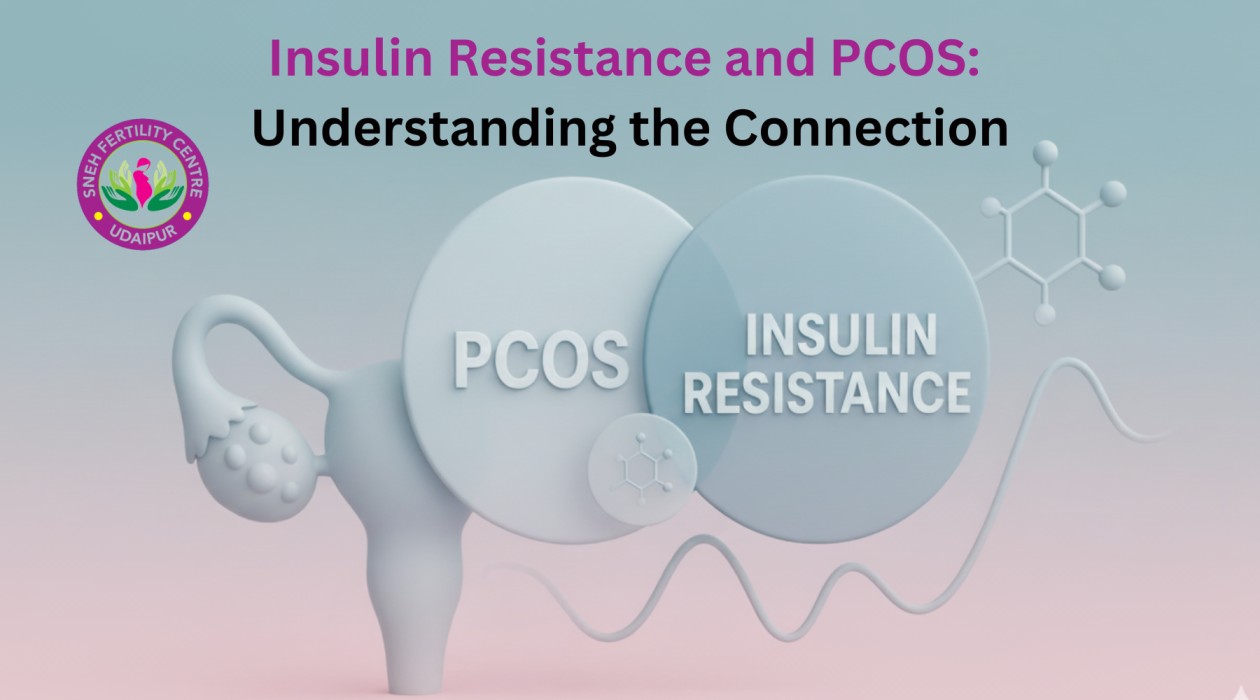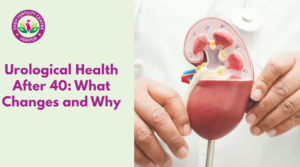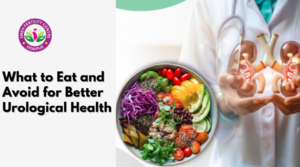If you’ve been diagnosed with PCOS, you’ve probably heard your doctor mention something about insulin resistance. Maybe you nodded along but didn’t fully get what it meant. Don’t worry you’re not alone. Let’s break it down in simple terms.
What Is PCOS Anyway?
PCOS stands for Polycystic Ovary Syndrome. It’s a hormonal condition that affects many women during their reproductive years. You might experience irregular periods, unwanted hair growth, acne, or trouble losing weight. Some women also struggle with getting pregnant.
But here’s the thing PCOS isn’t just about your ovaries. It affects your whole body, especially how it handles sugar and insulin.
So What's Insulin Resistance?
Think of insulin as a key. When you eat food, your body breaks it down into sugar (glucose). Insulin is the key that unlocks your cells so sugar can get inside and give you energy.
Now imagine if the locks on your cells get a bit rusty. The key doesn’t work as well anymore. Your body notices and thinks, “Hey, we need more keys!” So it makes more insulin. This is insulin resistance, when your cells don’t respond to insulin properly.
Your pancreas keeps pumping out more and more insulin just to get the job done. It’s like turning up the volume when someone can’t hear you.
The PCOS and Insulin Connection
Here’s where it gets interesting. About 70% of women with PCOS have insulin resistance. That’s a huge number!
When your insulin levels stay high for too long, it messes with your hormones. High insulin tells your ovaries to produce more androgens (male hormones like testosterone). Too much androgen is what causes many PCOS symptoms, the acne, excess hair growth, and irregular periods.
It’s like a domino effect. Insulin resistance pushes the first domino, and the rest follow.
Why Does This Happen?
Honestly, doctors are still figuring this out. Some women are just more prone to insulin resistance because of their genes. If diabetes runs in your family, you might be at higher risk.
Weight can also play a role, but and this is important, not all women with PCOS are overweight. Thin women can have insulin resistance too. It’s not about how you look. It’s about what’s happening inside your body.
Signs You Might Have Insulin Resistance
You can’t really “feel” insulin resistance, but there are some clues:
Your doctor might notice high blood sugar levels in your tests. You might have dark patches of skin around your neck, armpits, or groin (called acanthosis nigricans). You may feel tired after meals, especially carb-heavy ones. Losing weight might feel nearly impossible, even when you’re trying hard.
If any of this sounds familiar, talk to your doctor. They can run simple blood tests to check your insulin and glucose levels.
Why Should You Care?
I know this sounds scary, but understanding the connection is actually empowering. When insulin resistance goes unchecked, it can lead to bigger problems down the road like type 2 diabetes, heart disease, and high cholesterol.
The good news? You can do something about it.
What Can You Do About It?
Change Your Diet
You don’t need a fancy meal plan. Just focus on eating foods that don’t spike your blood sugar too much. Think whole grains instead of white bread. Add more vegetables, lean proteins, and healthy fats. Cut back on sugary drinks and processed snacks.
It’s not about being perfect. Small changes add up.
Move Your Body
Exercise helps your cells respond better to insulin. You don’t need to become a gym rat. Even a 30-minute walk most days can make a real difference. Find something you enjoy — dancing, swimming, yoga, whatever gets you moving.
Consider Medication
Sometimes lifestyle changes need a little backup. Many doctors prescribe metformin for PCOS. It’s a diabetes medication that helps improve insulin sensitivity. It won’t cure PCOS, but it can help manage PCOS symptoms and reduce long-term risks.
Manage Stress
Stress hormones can make insulin resistance worse. I know, easier said than done. But finding small ways to relax — whether it’s meditation, reading, or just taking a few deep breaths — can help.
Get Expert Help at Sneh Fertility & Urology Centre
If you’re struggling with PCOS or suspect you might have insulin resistance, you don’t have to figure it all out alone. Looking for PCOS treatment in Udaipur? At Sneh Fertility & Urology Centre, we understand how challenging these conditions can be.
Our experienced Gynecologist in Udaipur, Dr. Ruchika, is a trusted doctor for PCOS treatment in Udaipur who specializes in women’s health and PCOS management. She can help you create a personalized PCOS treatment plan that works for your body and lifestyle. With her expertise and compassionate approach, you’ll get the care and guidance you need to take control of your health.
Whether you need help with PCOS diagnosis, insulin resistance treatment, medication management, or lifestyle guidance for managing PCOS naturally, we’re here to support you every step of the way. As a leading fertility center in Udaipur, we offer comprehensive care for women dealing with hormonal imbalances and reproductive health concerns.
Your health journey matters, and getting the right care from the best PCOS specialist makes all the difference.
Start small. Pick one thing to focus on this week. Maybe it’s swapping soda for water. Maybe it’s taking a walk after dinner. Or maybe it’s scheduling an appointment with a PCOS doctor you’ve been putting off.
Every little step counts. And most importantly, be patient with yourself. Healing doesn’t happen overnight, but with the right support and care, it does happen.






